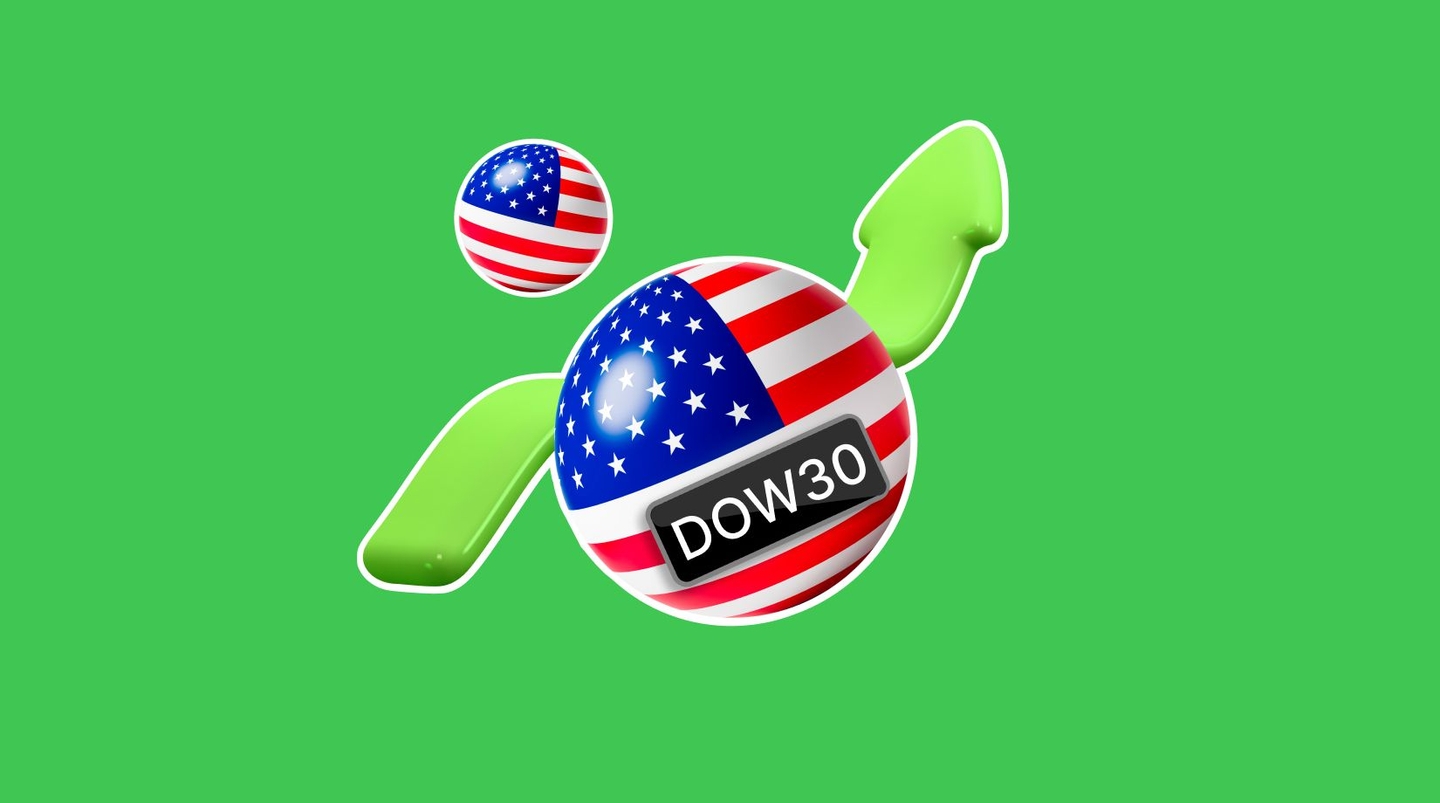Crude Oil trades within a $2.50 price range since opening on an 8% price gap on Sunday evening. Economists are advising the production cuts have been explicitly designed to push back up to OPEC’s target price of $80. OPEC has confirmed that Russia and Saudi Arabia will cut the most significant production. Other members have agreed to the cuts on a smaller scale, such as Iraq and the UAE. Economists also analyze how higher oil prices, such as the Dow Jones, may affect the stock market. Will higher energy prices again push inflation higher, and do the Federal Reserve have more room to maneuver?
The Swiss National Bank advised yesterday afternoon that if Credit Suisse were not bought, it would have gone bankrupt the following week. As a result, investors sold the Swiss Franc yesterday and opted to purchase the Sterling and Euros. Nonetheless, the comments and “liquidity issue” has not triggered an adverse reaction in the global stock market. European indices experience mixed price movement with both bullish and bearish impulse waves. However, the US stock market experienced strong bullish price movement in most cases and outperformed its European competitors.
During yesterday's trading session, the US Dollar significantly declined against the whole market. The US Dollar Index experienced a strong selloff after hitting the 103.00 resistance level. The GBP/USD saw the strongest price movement against the Dollar as the exchange rate increased by 1.09%. The US Dollar was negatively influenced by the Oil price increase and the ISM Manufacturing PMI, which declined to its lowest level since the COVID-19 outbreak.

The Dow Jones Soars and Outshines
Most investors have been concentrating on the NASDAQ, the best-performing index of 2023. The Dow Jones has been the best-performing index of the past 2 ½ weeks. The performance of the Dow Jones has been primarily related to a rebound in banking stocks and the index being underpriced based on current market sentiment towards the stock market. Though economists still believe the stock market will be overbought if the economy experiences a recession later in the year.
The price of the Dow Jones continues to obtain indications of bullish price movement and an upward trend. The price action shows upward momentum and shows little signs of retracements or seller orders overpowering buy orders. The asset has fully corrected previous declines and is trading close to resistance levels. If the price breaks above the $33,640 level, indications will likely continue to trend upward as long as oscillators are not overbought. If the price declines below $33,250, indicators will likely change.

The upcoming earnings reports support the price of the Dow Jones. As earning season approaches, the stock market tends to experience higher demand and interest from large traders. The earnings season will begin later in the month, with the banking sector the first to start releasing its quarterly earnings reports. The stock market continues to take advantage of the likelihood of no further rate hikes, one last 0.25% hike, and then a pause.
On the other hand, investors have yet to grasp the harmful elements that may affect the stock market in general. Many economists believe the earnings season will not be as positive as expected, and the next season in the summer will show a sharp decline. The US Ministry of Commerce released a report on consumer spending, which showed an increase of 0.3% in February, down from 0.6% in the previous month. The performance of the Dow Jones will largely depend on the earnings released over the next month.
The Dow Jones is also now at an increased risk of further pressure from the significant rise in oil prices. If oil prices remain above $80 per barrel or increase further, inflation will likely rise or stop declining to the Federal Reserve’s target. As a result, the central bank may opt to become slightly more restrictive or keep interest rates above 5% for longer. Economists have advised this may result in less economic activity, consumer spending, and a higher risk of a recession. All three factors can negatively affect the stock market.
Summary:
- Crude Oil prices hold onto gains from the previous day and continue to trade within a $2.50 price range.
- The Swiss National Bank confirms if Credit Suisse were not bought, the bank would have gone bankrupt the following week.
- The Dow Jones has been the best-performing index of the past 2 ½ weeks. Earnings season remains the focus in the short term.
- Economists are advising higher energy prices will trigger less economic activity, consumer spending, and a higher risk of a recession.


